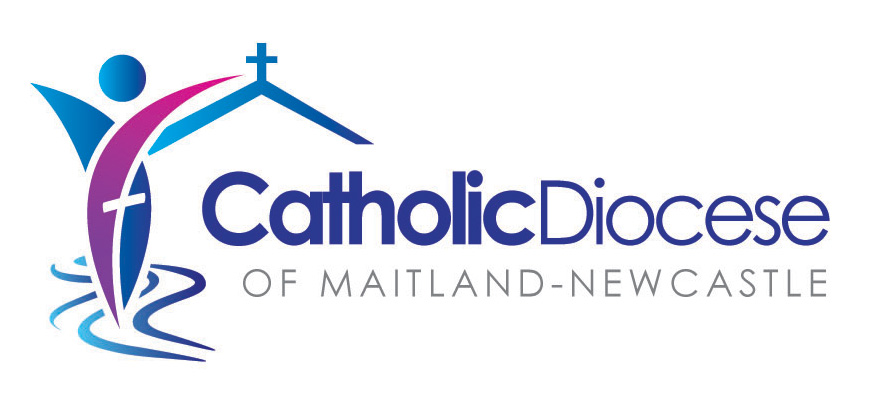Parish List
- Home
- About
- Church & Mission
- Support Us
- Catholic Life
- National Plenary Council & Diocesan Synod
- Children's Ministries
- Mission and Outreach
- Diocesan Protection and Safety Council
- Change Loss and Grief
- Ecumenism
- Perpetual Day of Remembrance
- LGBTIQ Forum
- Visiting Clergy - Citizens/Residents of Australia
- Visiting Clergy - International Visiting Australia
- Agencies
- News & Events
- People
- Places
- Mass Times App
- Jubilee
Press Release
Message from Bishop Bill Wright - Lina's Project

As Bishop of Maitland-Newcastle, I have listened to people’s agonising stories of how they were abused as children by clergy, religious, teachers and others in the church. For those children, their abuse often caused fear, confusion and shame that changed who they were and who they might have become. Their anguish was compounded when they were not believed and even punished for telling the truth. And so, through no fault of their own, they were left with a great hurt at the centre of their being that they have had to carry through life. Some have managed to bear the hurt, even if they are never free of it, but for others it was too much to bear and they took their own lives. To the people who were those children and to those close to them, a formal apology by the church can never really be adequate. I understand that, but still it needs to be said over and over: the diocese apologises for our failure to protect you, we apologise for the crimes that people working in the diocese inflicted on you. We are so, so sorry that our diocese let these things happen to you.
Though it is not on the same level as the pain of those who were abused, there is also much hurt in the wider community. When Lina came to the diocese to seek our participation and support in her ‘project’, what she wanted was to address the pain of the whole community. Many people can’t get over being deceived and betrayed by individuals whom they took for good priests or religious, teachers or fellow parishioners. We have all to some extent lost our innocence, and many of us feel less trusting, more cynical, more guarded. We feel damaged. We’ve had our faith undermined: our faith in people, in the church and its leaders, in faith itself as a support in life, and even in God. We don’t want to live mired in suspicion or anger or unresolved emotions. We don’t want to stand guardedly apart from places we once felt at home in, but we’ve all been affected. What happened, and that our leaders allowed it to go on for so long, has shaken us all. As bishop, I apologise to the whole community. The church let you down, often by caring more for its reputation than for the children, and sometimes by criminal complicity in the covering-up of abuse. This has hurt your families, your schools, your parishes, and towns and suburbs across our region. We are sorry.
We can’t heal all these things here today. Some scars never heal. What we can do is come together in acknowledging what has happened and what it has done to us. If we can share the story and own the story, perhaps we can speak of our feelings with each other more, listen to each other better and support each other with greater understanding. That is Lina’s hope. That is Lina’s Project.
The Project isn’t limited to one day. The diocese has committed to future actions to see that the story is not forgotten and our determination that it not be repeated never fades. In 2018, the diocese will be consulting with survivors and the community to plan a permanent memorial. This memorial will be in a prominent place in the grounds of Sacred Heart Cathedral so that the diocese’s history of child sexual abuse and cover-ups by clergy, religious and other church personnel is never forgotten. From 2018, September 15 will be a perpetual day of remembrance in the Catholic Diocese of Maitland-Newcastle. This day will be marked in a variety of ways, in conversation with survivors and the wider community. The diocese will also be working with schools within the region, particularly those that were sites of abuse, to plan events of acknowledgement. As a diocese, we also continue our attempts to make what amends we can, to support those who were abused and their families, and to ensure that the measures in place to keep children safe in our parishes, schools and communities are kept to the highest standards.
Once again, I apologise to the whole community for the failures and the crimes of this diocese. We are truly sorry.
Most Reverend William Wright,
Bishop of Maitland-Newcastle



